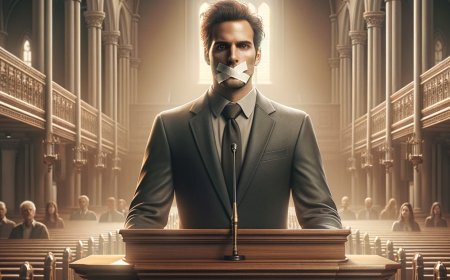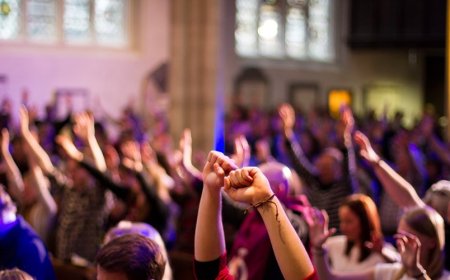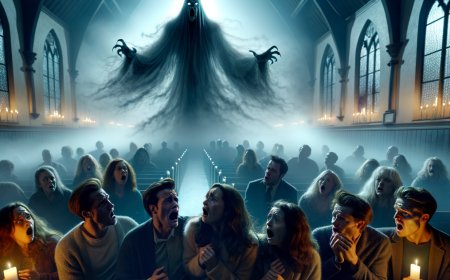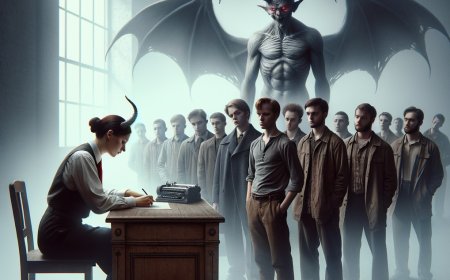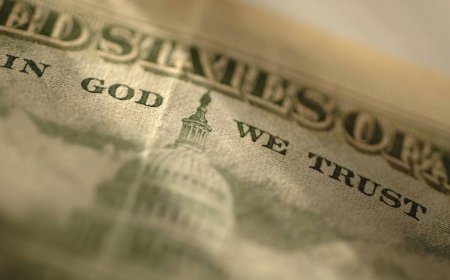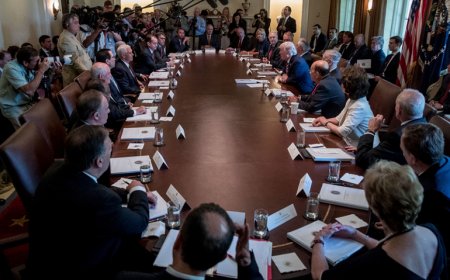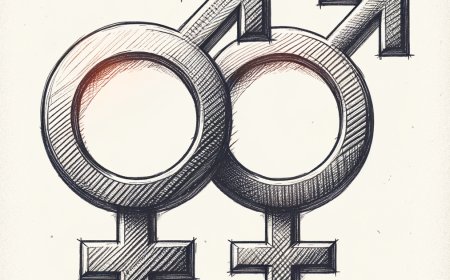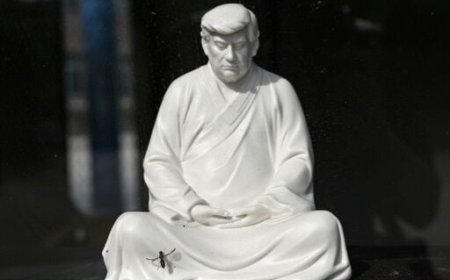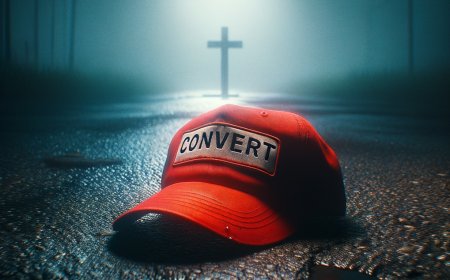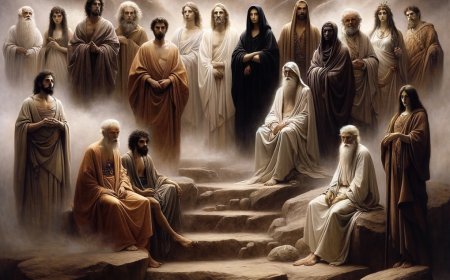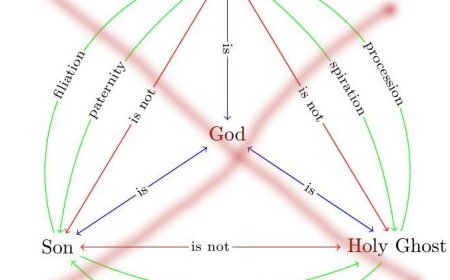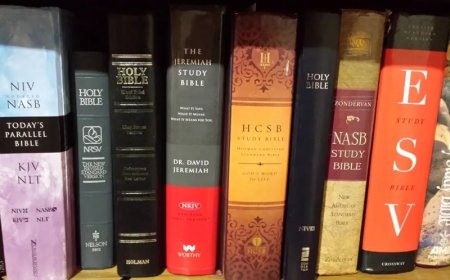Organized Religion and False Prophets Have Driven More People Away from Church
The problem is these churches and their leaders never really knew God and are the teachers of the false doctrine the Bible warns about. They have instilled political doctrine into their members instead of the doctrine of Christ. And people are fed up.
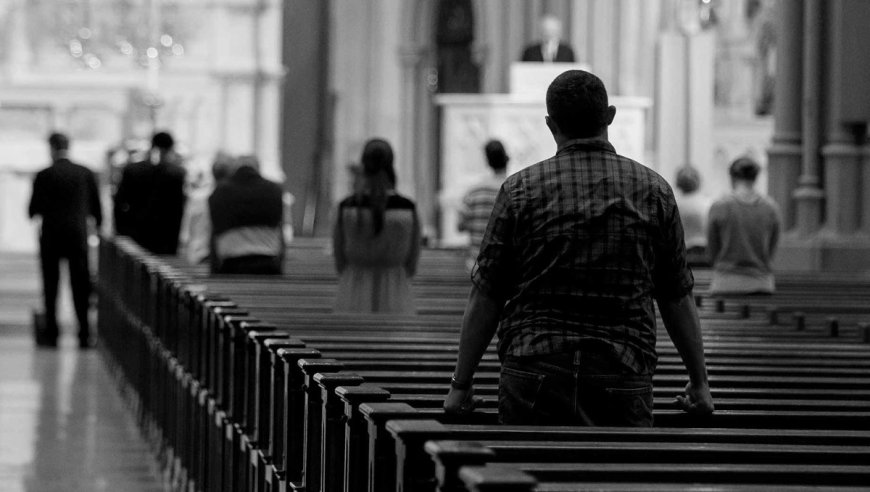
When checking the box for religious affiliation, more people are checking “none.” Over the past two or more decades, church membership has declined and even more so in the last 5 years. Of the few reasons for the long decline is the money grab by large churches, sex and marital scandals, and more people feeling unwelcomed and unloved by the church.
Of the more recent declines within the last 5 years, the hypocrisy of the mainstream Evangelical movement and the other liberal turn to abominable behavior, whom both claim Christian values but show a distorted view of Jesus’ teachings, has turned even more people away.
Younger generations are not seeing the same values in church leaders as portrayed in the Bible, though these movements push hard to recruit new believers, younger people growing up under the traditional church are simply not feeling the Christian vibe, or have taken it to a more worldly level.
As quoted by one church defector, “Most religions are there to control people and get money from them,” said Dulak, now 76, of Rocheport, Missouri. He also cited sex abuse scandals, harming “innocent human beings,” in Catholic and Southern Baptist churches. “I can’t buy into that,” he said.
It shows in a broad view in almost every age group who have decided the church is not for them. “The nones account for a large portion of Americans, as shown by the 30% of U.S. adults who claim no religious affiliation in a survey by The Associated Press-NORC Center for Public Affairs Research. They are rising as the Christian population declines, particularly the “mainline” or moderate to liberal Protestants.
The statistics show the nones are well-represented in every age group, but especially among young adults. About four in 10 of those under 30 are nones — nearly as many as say they’re Christians. Other major surveys say the nones have been steadily increasing for as long as three decades.
So who are they?
They’re the atheists, the agnostics, the “nothing in particular.” Many are “spiritual but not religious,” and some are neither or both. They span class, gender, age, race and ethnicity.
While the nones’ diversity splinters them into myriad subgroups, most of them have this in common: They. Really. Don’t. Like. Organized. Religion. Nor its leaders. Nor its politics and social stances. That’s according to a large majority of nones in the AP-NORC survey. They’re real people with unique relationships to belief and nonbelief, and the meaning of life.
They’re secular homeschoolers in the Ozark Mountains of Arkansas, Pittsburghers working to overcome addiction. They’re a mandolin maker in a small Missouri River town, a former evangelical disillusioned with that particular strain of American Christianity. They’re college students who found their childhood churches unpersuasive or unwelcoming.”
Many Christians will argue that the “nones” have either lost faith or simply do not want to obey the ordinances in the Bible, but as stated by many of them, they believe in God but not in the church"...SOURCE
Church leaders have not caught on to why their memberships are decreasing so they live in denial. What they must understand is that people are on to their money-laundering schemes and neglect of the poor. They cannot see that they are the actual blind leaders of the blind members of their congregations who are locked into cultish behavior and the traditional routine of church hypocrisy.
The problem is these churches and their leaders never really knew God and are the teachers of the false doctrine the Bible warns about. They have instilled political doctrine into their members instead of the doctrine of Christ. And people are fed up.


